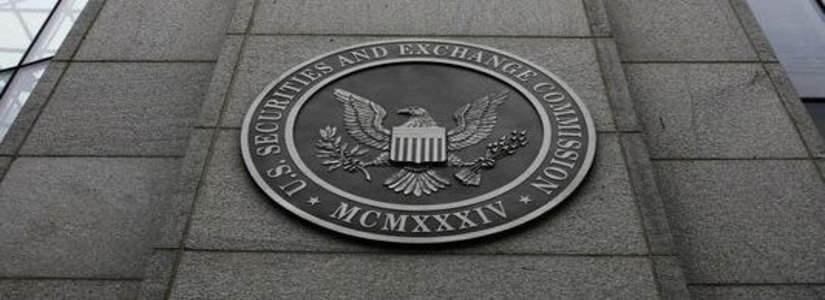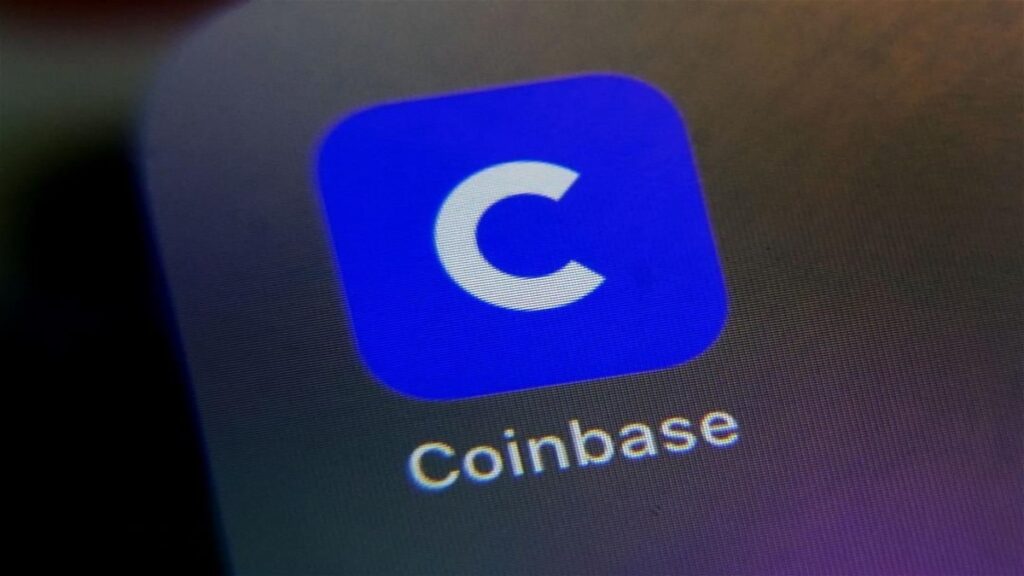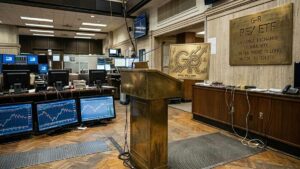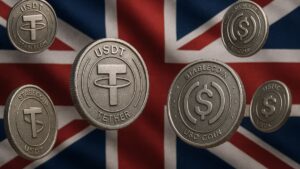As per the recent development, the SEC has settled the first reported Coinbase insider trading case with the Wahi brothers. Following that, the SEC filed a motion leading to a final judgment in the US District Court of the Western District of Washington. The brothers, Nikhil Wahi and Ishan Wahi, were previously accused of using knowledge of at least nine crypto assets prior to them being listed on Coinbase. A suit was filed against them by the SEC back in July 2022, and the agency is now demanding the return of any ill-gotten gains with interest.
Soon after the launch of the probe against them in the insider trading case, Nikhil had been sentenced to 10 months in prison, whereas Ishan had to deal with a two-year imprisonment for his actions. Furthermore, the SEC announced that it had reached an agreement of principle with Ishan Wahi. During that time, it was determined that Wahi made up to approximately $1.5 million through illegal trading.
The suit by the SEC claimed that the Wahi brothers, along with Sameer Ramani, another defendant, traded in crypto asset securities. The claim led to increased controversy from the CFTC Commissioner Caroline Pham. She warned that the classification of tokens could have been described as having additional implications beyond this single case. At the same time, she pointed out the action by the SEC as simply a case of regulation by enforcement.
Additional Demands Regarding the Coinbase Insider Trading Case
Despite being sentenced to jail, Ishan was ordered to give up 10.97 Ether and 9440 Tether. Nikhil was ordered to forfeit approximately $892,500. Similarly, Ishan has also agreed to cooperate with the SEC regarding all possible investigations revolving around the case. As a part of the accusation, the SEC claimed that 9 out of the 25 flagged cryptocurrencies were unregistered securities.

The statement implies that the regulator might eventually take aggressive action against Coinbase, despite both of them currently being mangled up in an ongoing legal battle. Furthermore, the director of the SEC’s Division of Enforcement stated:
“While the technologies at issue, in this case, it may be new, yet the conduct is not. We allege that Ishan and Nikhil Wahi, respectively, tipped and traded securities based on material nonpublic information, and that’s insider trading, pure and simple. The federal securities laws do not exempt crypto asset securities from the prohibition against insider trading, nor does the SEC.’’
Republican Lawmakers are Set to Block the CBDC Pilot Program
In other news, it has come to light that US representatives are hearing up to block the CBDC pilot program from being issued in the US. As per the recent development, Alex Mooney of West Virginia has come forward with the introduction of the Digital Dollar Pilot Prevention Act that is bound to restrict the Federal Reserve from launching a pilot program to test the operability of the CBDC within the US financial system.
CBDC’s critics have raised increased concerns regarding the growing level of government surveillance along with threats to privacy if the Federal Reserve implements the digital dollar. If money becomes entirely digital under the control of the government, it is believed that it would offer officials access to the financial data of the masses. On the other side, the loyalists argue that the digital dollar might play a considerable role in enhancing financial inclusion in the US by eliminating transaction fees.










